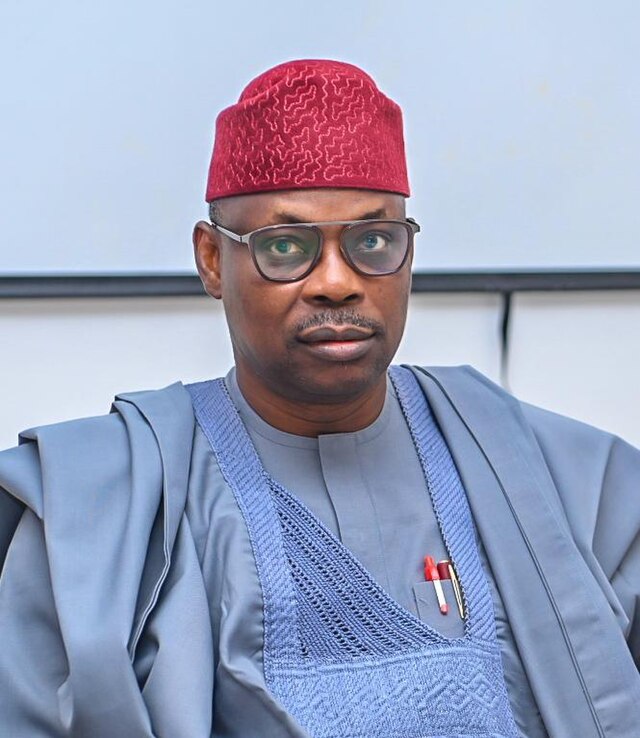NIOB seeks policies to check quackery in building sector
By Olasunkanmi Onifade
Nigerian Institute of Building (NIOB) has called for the strengthening of policies to eliminate quackery, enforce building standards and hold violators accountable in the building sector.
President of the institute, Alderton Ewa, said this in Abuja on Wednesday at a news briefing to commemorate the ‘2025 Builders Day’.
The News Agency of Nigeria (NAN) reports that the day was set aside to celebrate the building profession, acknowledge the achievements and reflect on the challenges facing the industry.
NAN also reports that the theme of this year’s edition is: ‘Builders’ Role in Effective Building Control and Regulatory Compliance for Sustainable Construction’.
Ewa said that quackery in the profession remained one of the biggest threats to the building industry in Nigeria.
“Untrained and unlicensed individuals continue to infiltrate the profession, carrying out substandard work that leads to structural defects and, in worst cases, deadly collapses.
“These unqualified individuals operate without a proper understanding of engineering principles, safety measures or building codes, jeopardising the safety of countless individuals.
“As professional builders, we must stand firm against this menace. We must ensure that only qualified and certified professionals handle construction projects,” he said.
The NIOB president stressed the need for collaboration among regulatory authorities to enforce strict licensing measures and create public awareness on the dangers of engaging unqualified builders.
He said that the frequent cases of building collapse in the country were not only alarming but also a tragic reminder of the need for strict adherence to building regulations, professional ethics and standards.
Ewa stated that many innocent lives had been lost, property worth billions of naira destroyed and confidence in the industry eroded due to preventable structural failures.
“While various factors contribute to building collapse—such as substandard materials, poor structural designs and lack of proper supervision—the role of unqualified individuals and unethical practices cannot be overlooked.
“It is our collective duty to ensure that the highest standards of professionalism and integrity are upheld at all times,” he said.
The NIOB president highlighted the importance of adhering to building codes to include: ensuring the safety, durability and efficiency of structures.
He said that compliance with codes was not optional but mandatory requirements for any construction project.
“They provide essential guidelines on material selection, structural integrity, fire safety, environmental considerations, and accessibility.
“International Building Code (IBC) and National Building Code (NBC) offer standardised safety measures to prevent construction failures.
“Compliance with local and national building regulations ensures that structures withstand environmental and usage stresses,” he said.
Ewa said that builders should be up to date with code amendments and incorporate modern construction innovations and safety measures in their projects.
He said domestication of the building code at the state level would enhance compliance, thereby allowing state governments to establish robust physical planning permit regulations and enforce building control measures.
According to him, strict adherence to building codes can prevent structural failures and enhance public trust in the industry
Ewa said it was essential for builders to educate clients and stakeholders on the benefits of regulatory compliance and the risks associated with non-compliance. (NAN) (www.nannews.ng)
Edited by Uche Anunne and ‘Wale Sadeeq






